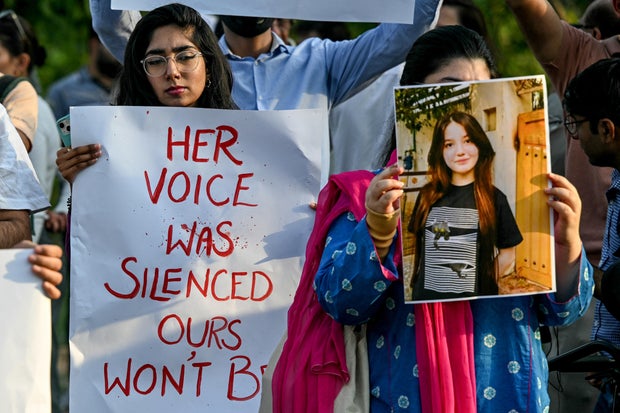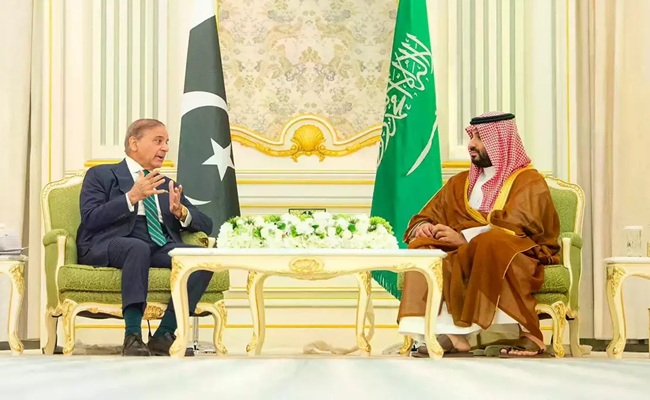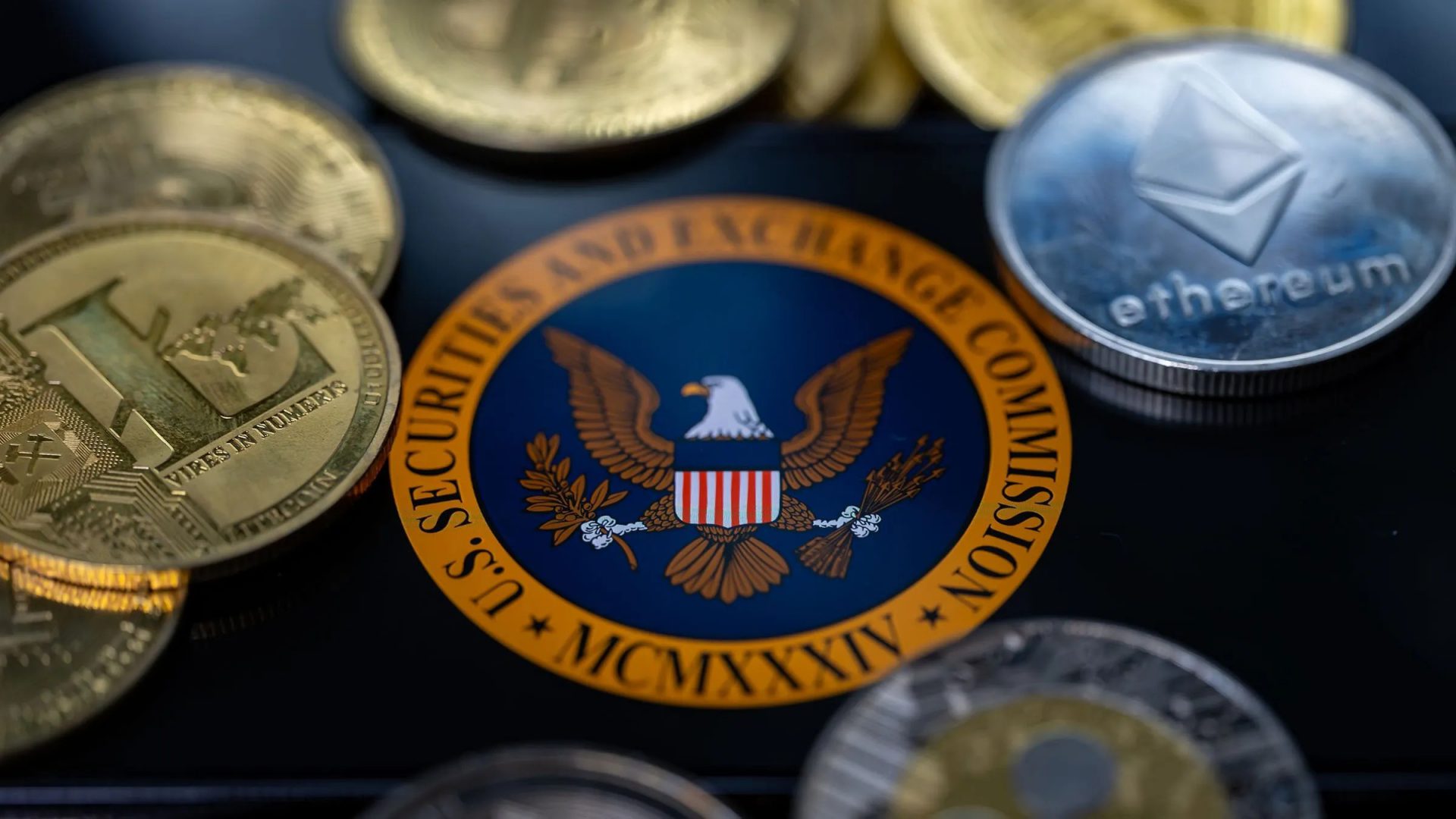Lahore, Pakistan— Jibran Ilyas, the Chicago-based social media lead for Pakistan Tehreek-e-Insaf (PTI) had an insightful moment when dealing with uncertainty within his party. The charismatic leader, former Prime Minister Imran Khan, has been in jail for months and senior party officials are in hiding. Campaigning for the February 8 elections to the National Assembly and provincial legislatures seemed almost impossible.
But in December, Ilyas and his team came up with the idea of a “virtual rally” to bypass the ban on physical rallies. After getting approval from Khan, the PTI held what was seen as the first virtual rally in Pakistan, reaching over five million viewers across multiple platforms. They also used AI to create a four-minute audio clip of Khan’s address, based on handwritten notes sent from jail, and distributed it during the virtual rally. This innovative approach received a positive response from the audience. This demonstrated how the PTI, through the use of digital tools, is adapting to the challenges of being barred from using its party symbol and symbolizes the savviness of the party in such situations.
The party had to intensify its guerilla tactics when the election commission banned the use of party symbols for the elections. The PTI set up an online portal to help voters identify the candidates by entering their constituency number to find the candidate’s name and symbol. This digital approach compensated for the limitations imposed by the crackdown, allowing the party to adapt and utilize its strengths.
Party leaders such as Taimur Jhagra and others have also resorted to innovative methods to connect with voters and amplify their campaign messages. They have used social media platforms, made videos, and employed guerrilla tactics to attract and engage supporters. The PTI has remained agile in adapting to the evolving digital landscape, engaging with technology to reach out to a new audience and to navigate through censorship.
Compared to the PTI, other major political parties such as the Pakistan Muslim League-Nawaz (PMLN) and Pakistan People’s Party (PPP) have been slower in adapting to the changing political dynamic. They have focused on traditional campaigning methods complemented by data and technology. The PMLN used AI-based social listening and data insights to target specific voter segments and deliver tailored messages.
For the PTI, the challenge now is to convert supporters into active voters on February 8. The party has set up WhatsApp channels for every constituency in Pakistan and introduced a chatbot on Imran Khan’s Facebook profile, which engages with people as if they were talking to him directly. These efforts are directed at motivating people to vote, allowing them to vent their frustrations through the ballot box.
‘Guerilla jalsa’: How Imran Khan is campaigning for Pakistan’s elections from prison













